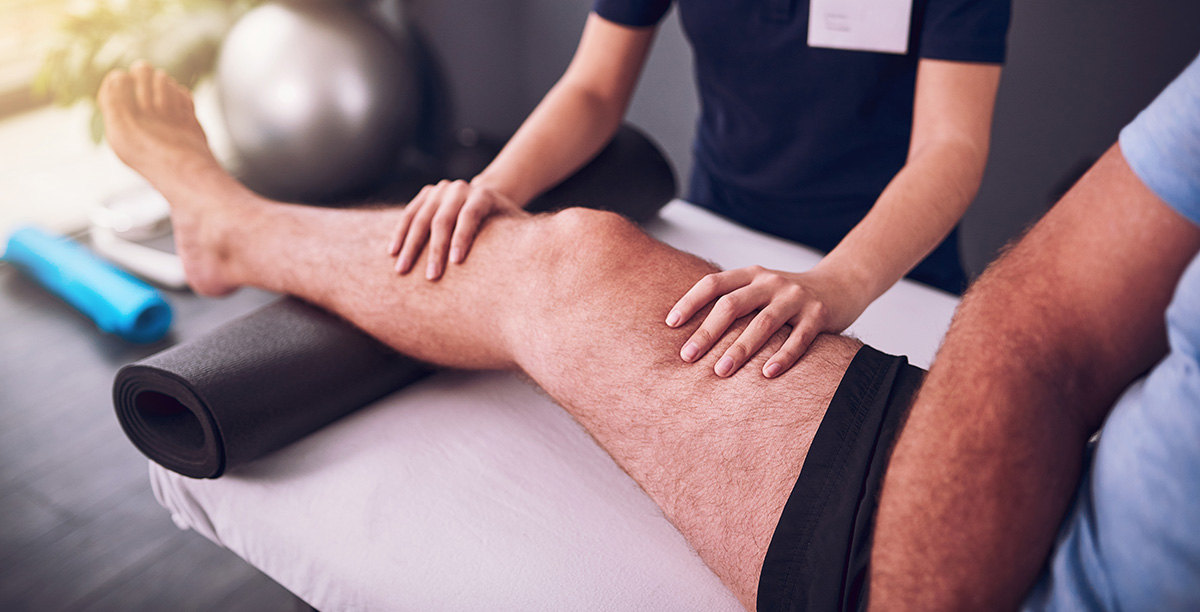
Hip/Knee Osteoarthritis
Osteoarthritis of the hip and/or knee occurs when inflammation and injury to a joint cause a breaking down of cartilage tissue. In turn, that breakdown causes pain, swelling, and deformity.
Cartilage is the firm, rubbery material that covers the ends of bones in normal joints, primarily made up of water and proteins. The primary function of cartilage is to reduce friction in the joints and serve as a “shock absorber.” The shock-absorbing quality of normal cartilage comes from its ability to change shape when compressed. It can do this because of its high water content. Although cartilage may undergo some repair when damaged, the body does not grow new cartilage after it is injured.
The changes in osteoarthritis usually occur slowly over many years. There are, though, occasional exceptions.
Symptoms
Osteoarthritis symptoms often develop slowly and worsen over time. The pain can be stabbing and sharp or it can be a dull ache, and the hip is often stiff. Symptoms of osteoarthritis include:
- Joint pain, especially during or after movement
- Joint stiffness that is most noticeable upon awakening or after being inactive
- Joint tenderness
- Loss of flexibility
- Grating sensation when you use the joint, and/or a popping or crackling sound
- Bone spurs
- Joint swelling
Non-Surgical Treatment Options
Treatments goals are to reduce pain, slowing down the progression of the disease, and preventing fractures. Appropriate treatment will depend on factors such as age, gender, injury history, and risk of fractures. Your doctor will put in place a customized treatment plan for you based on these factors. The treatment plan may include:
- Physical therapy
- Massage
- Laser and ultrasound techniques
- Pain medication
- Joint steroid injections
- Nutrition recommendations and/or healthy eating plans
- Nutritional supplements
- Exercise plan to prevent bone loss and increase bone density
- Lifestyle changes such as quitting smoking and reducing alcohol consumption










